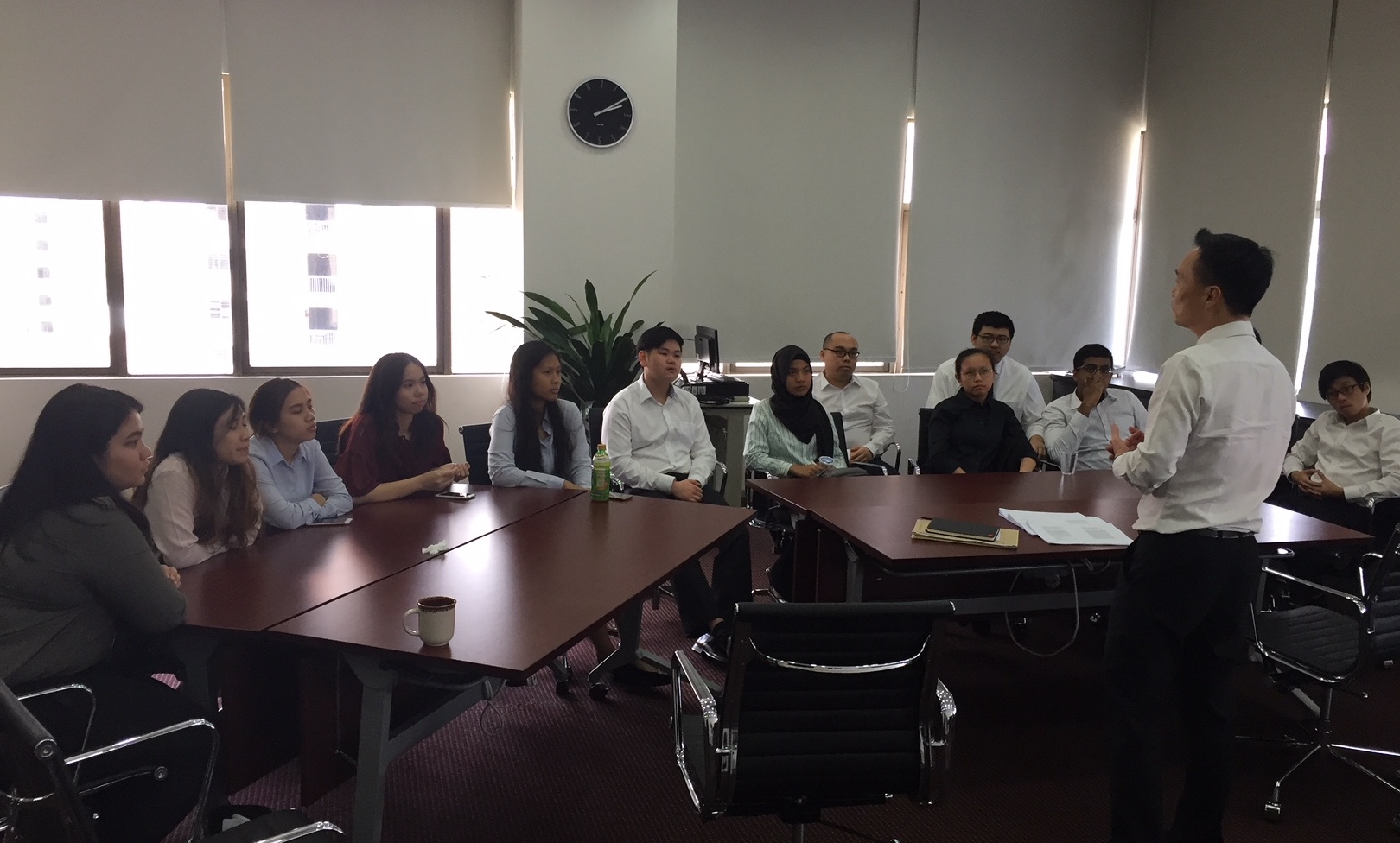Singapore’s Technical and Vocational Education Training (TVET) is an area where lecturers and learning designers apply educational innovation to align skills training to disciplinary practice. The authors of this article Annie Perumpoykail Gomez, Senior Lecturer and Ankur Gupta, Lecturer Diploma in Law & Management, are faculty members at Temasek Polytechnic (TP), Singapore. TP offers TVET to both school leavers and working professionals. Temasek Polytechnic is well regarded for experimenting and implementing pedagogy aimed at facilitating learning to prepare industry ready professionals across diverse disciplines such as business, law, engineering, design, information technology and applied science.
Traditionally, higher education has been characterized by ‘direct instruction’ i.e. the academic releases content to learners who will then be tested on the application of such content knowledge gained through a variety of assessments. However, teaching-learning strategies based on ‘direct instruction’ are not ideal in preparing learners with disciplinary practices that are essential for the job market.
For TVET to be efficacious it is necessary for learners to be familiar with problems faced by practitioners. Some level of theoretical instruction is relevant to provide a foundation but the bulk of learning must involve learners performing ‘on the job’ tasks through internships or other variants of work-integrated learning. When training school leavers, a combination of classroom based learning and workplace integrated training is ideal as they may be unfamiliar with domain practices in the working world.
 At TP various teaching–learning strategies are employed to inculcate critical workplace competencies such as problem-solving, analytical thinking, independent learning and collaboration. As trainers of paralegals, our discussion here is based on skills training in law with the focus on school leavers.
At TP various teaching–learning strategies are employed to inculcate critical workplace competencies such as problem-solving, analytical thinking, independent learning and collaboration. As trainers of paralegals, our discussion here is based on skills training in law with the focus on school leavers.
Problem Based Learning’ (PBL) at Temasek Polytechnic, Singapore
In recognition of the difficulties that confront young people studying technical disciplines, the learning process has been imbued with elements of fun and ‘real-world’ problems through ‘Problem Based Learning’ (PBL). This facilitates turning a ‘teacher dependent’ student into a self-directed and independent learner. PBL operates on the premise of maximizing prior knowledge and since it is implemented with students working in groups, it encourages them to collaborate towards the co-creation of solutions. Facilitators are open to accepting a variety of solutions to the given problem based on logical reasoning.
Although students find this process challenging initially, students’ response to our evaluation of the process is that they appreciate the skills they develop. The feedback from our Alumni and employers is that PBL inculcates a mindset that is highly relevant in navigating workplace solutions.

For procedural subjects, ‘Real Environment Active Learning’ (‘REAL’) and ‘On-site Tutorials’ are employed. In ‘REAL’ students are involved in simulated exercises that reflect practices in the work place and although the learning takes place primarily in the classroom, learners have an authentic application based environment. To support this strategy, relevant IT applications are made available by industry partners and government institutions. Facilitators play an active part in the process by taking on the roles of Court and/or government registry staff in accepting or rejecting document filing.
For ‘On-Site Tutorials’ the classroom is moved to the workplace to provide discipline specific process skills training. Students acquire essential skills such as creative thinking, interpersonal skills and resilience.
To effectively employ ‘REAL’ and ‘On-site’ Tutorials, academics have established strong relations with industry players and government departments. This raises the profile of our programs and enhances the employability of our graduates.
As industry transformation is disrupting workplace practices, we are continually looking into pedagogies which help our students be future ready and one such teaching – learning strategy we are looking into but not implemented as yet is ‘Productive Failure’ (PF).

PF is a learning design aimed to induce deep learning and involves immersing learners into problems faced by practitioners, even before they receive base content knowledge through direct instruction. Facilitators create tasks or craft problems to create failure i.e. the task or problem allows for students to explore various possibilities but not necessarily arrive at a solution. In the process of exploring, students tap on prior knowledge, engage in collaboration, trial and error and analytical thinking which sets the stage for deep learning and better absorption of knowledge. It is an environment in which the failure is planned for but learners develop skills such as critical thinking, problem solving and resilience when faced with unknown.
The skills and broad-based education our students receive have created pathways for them to continue to develop their academic and professional competencies. The pedagogical strategies highlighted in this article has enabled our students to be employable and to remain industry ready.
With the recognition gained, we now offer similar training to working professionals from a variety of industries, with the curriculum customized to meet the needs of specific industries.












